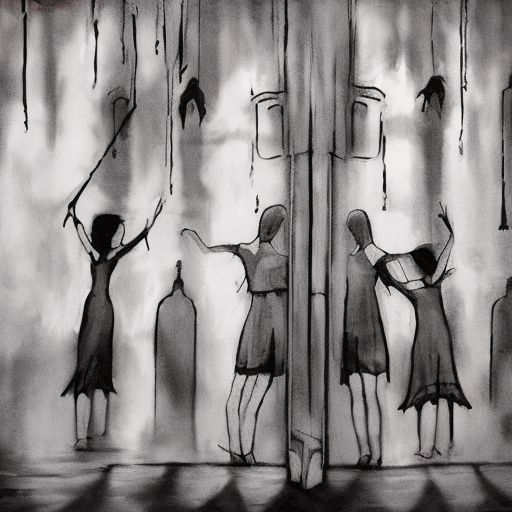One-line Summary:
Stalag 17 (1953) – Directed by Billy Wilder
Stalag 17 is a gripping World War II drama that takes place in a German prisoner-of-war camp. The film follows a group of American soldiers who suspect that one of their own is a traitor, leaking valuable information to the enemy. As tensions rise and suspicions mount, the men must work together to uncover the truth and survive the harsh realities of war.
Main Cast and Crew:
- Director: Billy Wilder
- Writer(s): Billy Wilder, Edwin Blum
- Key Actors: William Holden as Sgt. J.J. Sefton, Don Taylor as Lt. James Dunbar, Otto Preminger as Oberst von Scherbach, Robert Strauss as Sgt. Stanislaus “Animal” Kuzawa, Harvey Lembeck as Sgt. Harry Shapiro
- Music Director: Franz Waxman
- Director of Photography: Ernest Laszlo
- Producers: Billy Wilder
Plot:
Set in Stalag 17, a German prisoner-of-war camp, the film revolves around a group of American soldiers held captive during World War II. The camp is filled with a diverse range of characters, each with their own quirks and personalities. The men are constantly under the watchful eye of the German guards, who are determined to prevent any escape attempts.
Sgt. J.J. Sefton, a cynical and self-serving soldier, is suspected of being a traitor by his fellow inmates. Sefton is known for his black market dealings and his ability to obtain luxuries within the camp. As tensions rise, the men become convinced that Sefton is the one leaking information to the Germans.
However, as the plot unfolds, it becomes clear that Sefton is not the traitor. He is determined to prove his innocence and find the real culprit. With the help of Lt. James Dunbar, Sefton begins to unravel the mystery, leading to a shocking revelation that puts their lives in even greater danger.
Themes and Motifs:
Stalag 17 explores themes of loyalty, trust, and the resilience of the human spirit in the face of adversity. The film delves into the complexities of human nature, highlighting the moral dilemmas faced by the prisoners as they navigate the harsh realities of war. It also examines the bonds of friendship and camaraderie that form among the soldiers, providing a sense of hope and unity amidst the chaos.
The motif of suspicion and betrayal runs throughout the film, as the characters grapple with their own doubts and fears. Stalag 17 also sheds light on the power dynamics within the camp, as the prisoners must navigate the hierarchy and find ways to survive under the watchful eyes of the German guards.
Reception and Legacy:
Upon its release, Stalag 17 received critical acclaim for its compelling story, strong performances, and sharp dialogue. The film was nominated for three Academy Awards, including Best Actor for William Holden, who won the award for his portrayal of Sgt. J.J. Sefton. Stalag 17 has since become a classic in the war film genre, known for its realistic portrayal of life in a prisoner-of-war camp.
The film’s legacy can be seen in its influence on subsequent war films, particularly in its exploration of the psychological effects of war on soldiers. Stalag 17 continues to be celebrated for its engaging plot, memorable characters, and its ability to capture the human spirit in the face of adversity.
Recommendation:
Stalag 17 is a must-watch for fans of war films and those interested in exploring the complexities of human nature during wartime. With its compelling story, strong performances, and thought-provoking themes, the film offers a unique perspective on the realities of war and the bonds that form among soldiers. Billy Wilder’s masterful direction and William Holden’s standout performance make Stalag 17 a timeless classic that should not be missed.
Memorable Quote:
“Nobody’s perfect.” – Sgt. J.J. Sefton












